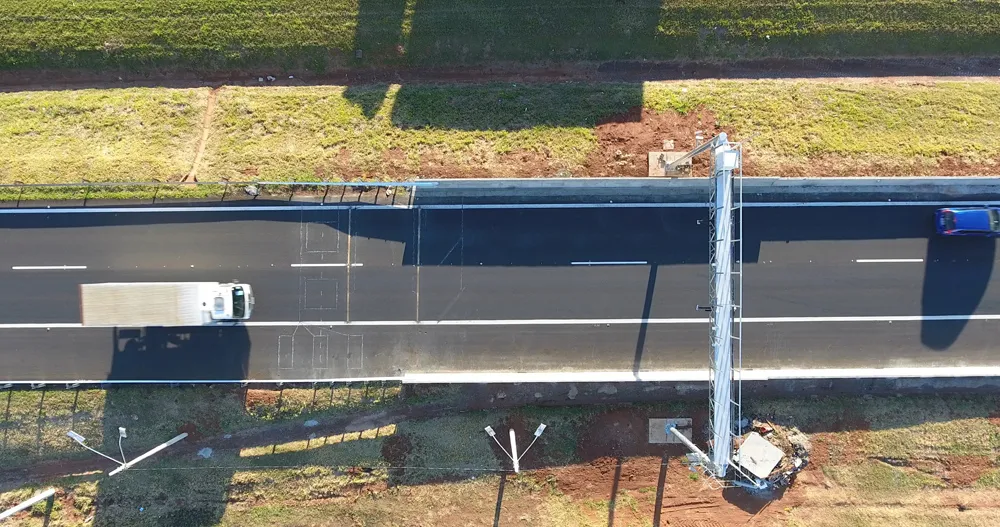An inefficient transportation network is one of the key challenges facing further economic growth in Colombia, according to a report from ratings agency Standard and Poor's (S&P).
It currently takes ten hours to travel 445 kilometres between Bogotá and Medellín, the country's two largest cities. According to the 2013 World Economic Forum, Colombia's overall infrastructure is better than Argentina's, Paraguay's and Venezuela's in Latin America.
"Considering that Colombia's economy has the potential to
July 1, 2014
Read time: 2 mins
An inefficient transportation network is one of the key challenges facing further economic growth in Colombia, according to a report from ratings agency Standard and Poor's (S&P).
It currently takes ten hours to travel 445 kilometres between Bogotá and Medellín, the country's two largest cities. According to the 2013 World Economic Forum, Colombia's overall infrastructure is better than Argentina's, Paraguay's and Venezuela's in Latin America.
"Considering that Colombia's economy has the potential to be the third-largest in the region – after Brazil's and Mexico's – the improvement of the transport network is crucial in boosting the country's competitiveness and maintaining its economic growth in the medium and long-term," says S&P in its report Can Colombia's Government Unshackle the Economy by Removing Infrastructure Bottlenecks?
To address the issue, Colombia's government has launched an infrastructure investment program, created a new national infrastructure agency (ANI), kicked off its fourth generation concession program and passed a series of laws to aid the construction of large projects.
However, several infrastructure development challenges still remain, including "successful road tender process, obtaining financing for the project's construction, resolving land rights disputes, proper and timely execution and final project financing," according to S&P.
It currently takes ten hours to travel 445 kilometres between Bogotá and Medellín, the country's two largest cities. According to the 2013 World Economic Forum, Colombia's overall infrastructure is better than Argentina's, Paraguay's and Venezuela's in Latin America.
"Considering that Colombia's economy has the potential to be the third-largest in the region – after Brazil's and Mexico's – the improvement of the transport network is crucial in boosting the country's competitiveness and maintaining its economic growth in the medium and long-term," says S&P in its report Can Colombia's Government Unshackle the Economy by Removing Infrastructure Bottlenecks?
To address the issue, Colombia's government has launched an infrastructure investment program, created a new national infrastructure agency (ANI), kicked off its fourth generation concession program and passed a series of laws to aid the construction of large projects.
However, several infrastructure development challenges still remain, including "successful road tender process, obtaining financing for the project's construction, resolving land rights disputes, proper and timely execution and final project financing," according to S&P.








